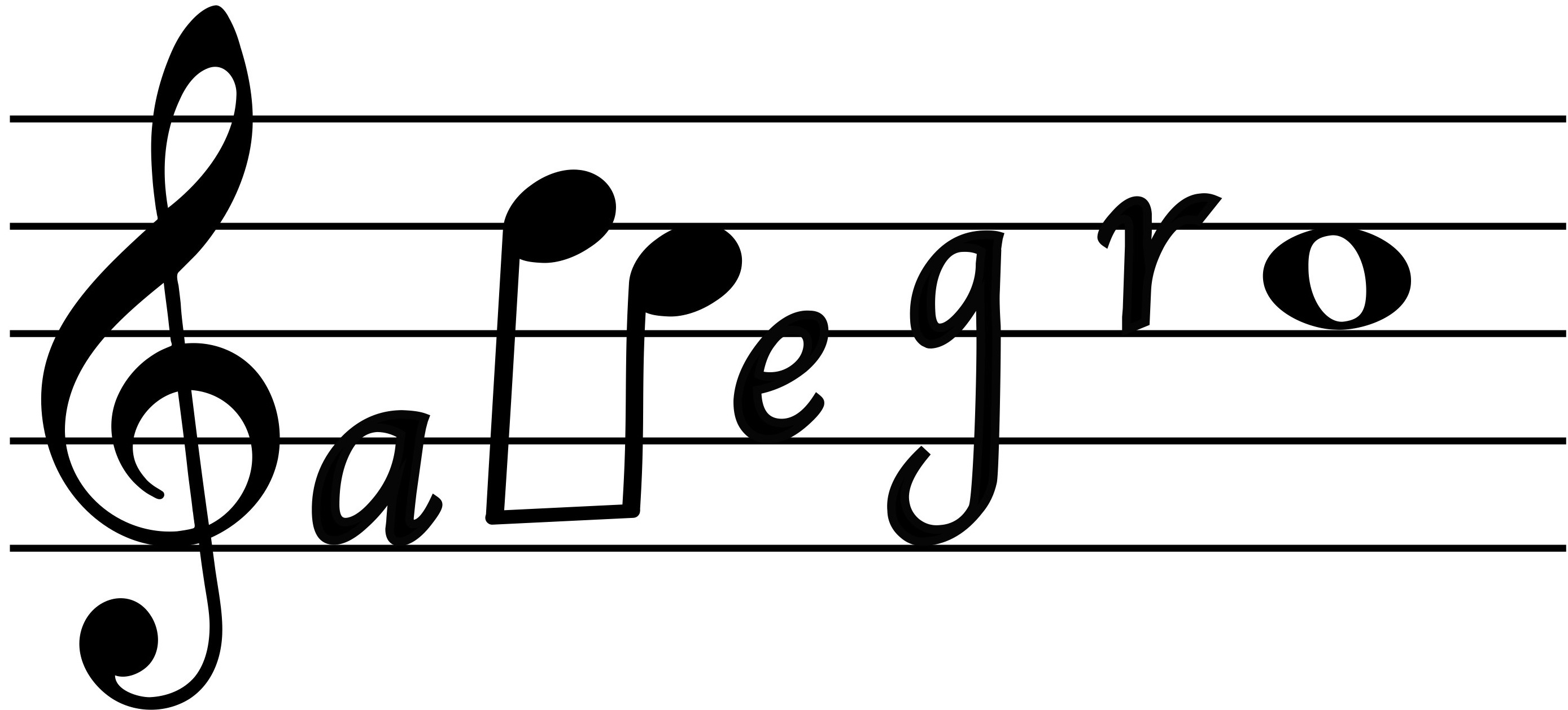
Every year, thousands of people in the UK have colorectal (bowel) surgery. In some people, the bowel takes longer than usual to start working again, causing nausea, vomiting, complete constipation, and tummy pain/swelling. Their recovery is slower and they often have to stay in hospital longer.
In the ALLEGRO study, we investigated if Intravenous (IV) Lidocaine given during surgery improves recovery of gut function after colorectal surgery.
ALLEGRO was a multicentre randomised controlled trial, funded by NIHR HTA Programme. Patients undergoing bowel surgery at 27 hospitals across the UK were invited to take part in the study and 590 agreed to take part. Half of these were randomised to receive intravenous lidocaine; the other half to placebo (an inactive solution). We followed people up for 90 days after their surgery to find out how they were getting on.
We found that intravenous lidocaine did not improve bowel recovery. In the group randomised to IV lidocaine, gut function had returned within 72 hours in 57% of participants compared to in 59% of those randomised to placebo. There was also no effect of lidocaine on pain, quality of life, other measures of recovery or on the amount of health service used after surgery. We found no harm caused by lidocaine. The results of the study have been published.
ALLEGRO was led by Mr Hugh Paterson, based at University of Edinburgh.
Contacts
- CHaRT email; chart@abdn.ac.uk
Status
CompletedPublications
Paterson, H.M., Cotton, S., Norrie, J. et al. The ALLEGRO trial: a placebo controlled randomised trial of intravenous lidocaine in accelerating gastrointestinal recovery after colorectal surgery. Trials 23, 84 (2022). https://doi.org/10.1186/s13063-022-06021-5. Available at: https://trialsjournal.biomedcentral.com/articles/10.1186/s13063-022-06021-5
Paterson H, Vadiveloo T, Innes K, et al. Intravenous Lidocaine for Gut Function Recovery in Colonic Surgery: A Randomized Clinical Trial. JAMA. 2025;333(1):39–48. doi:10.1001/jama.2024.23898. Available at https://jamanetwork.com/journals/jama/fullarticle/2827435
